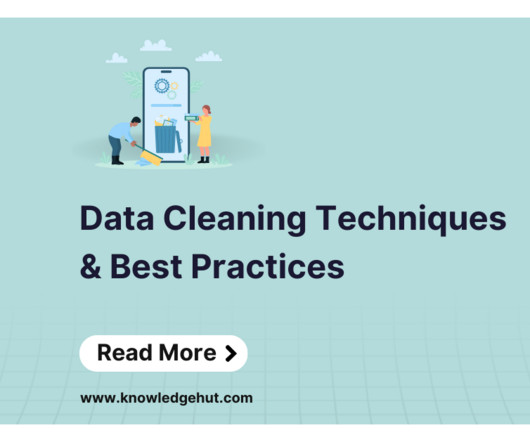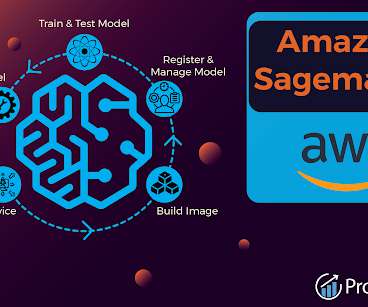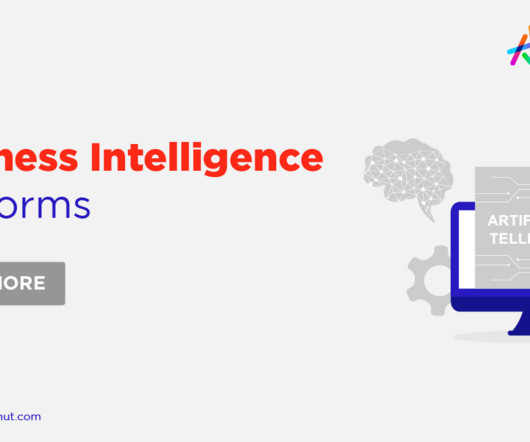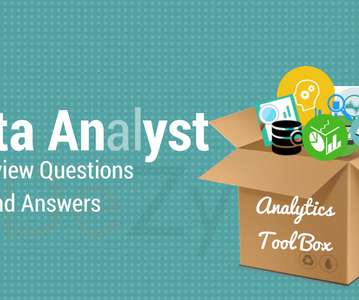Top Data Cleaning Techniques & Best Practices for 2024
Knowledge Hut
JANUARY 25, 2024
In the context of data science , clean data is crucial because the quality of your data directly impacts the reliability of your analysis and the outcomes of your algorithms. It's a foundational step in data preparation, setting the stage for meaningful and reliable insights and decision-making.












Let's personalize your content